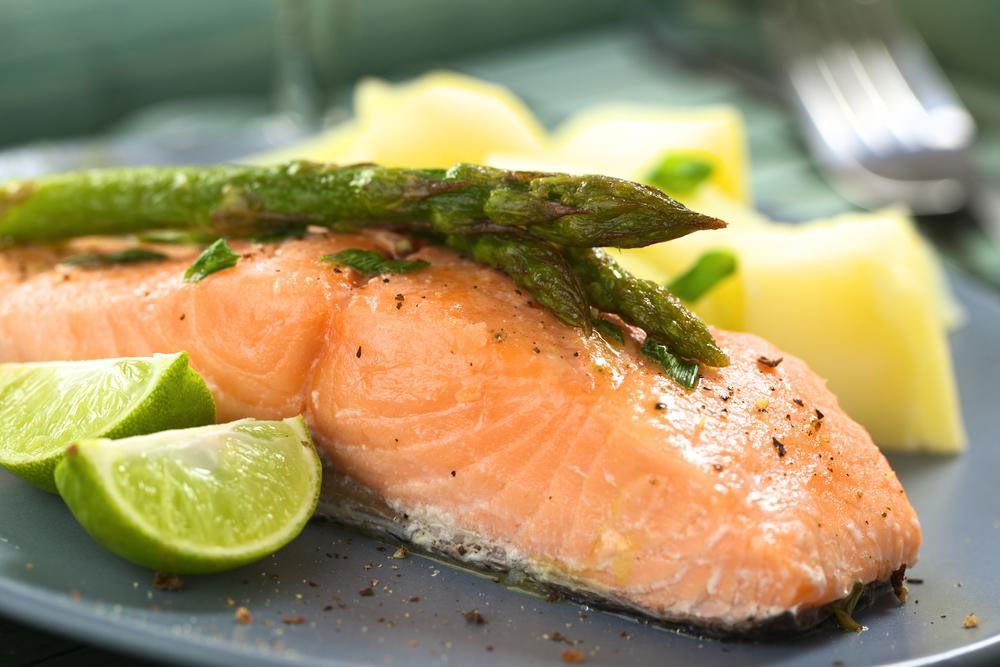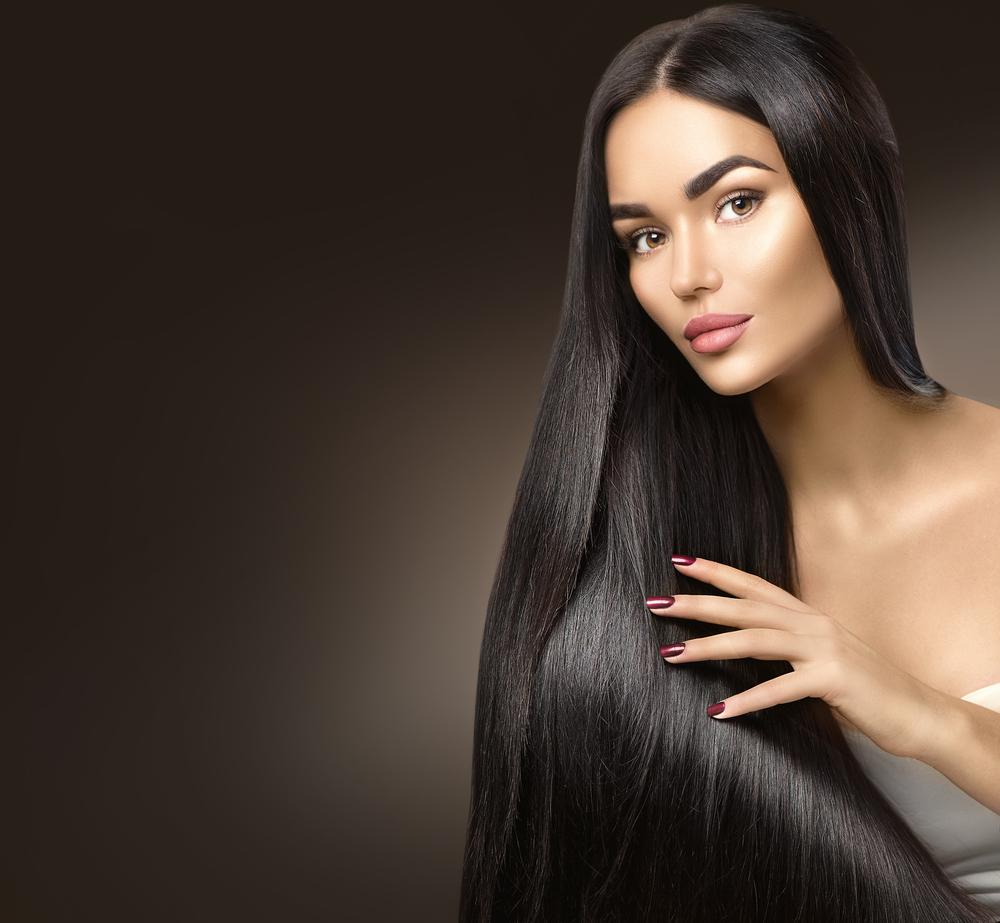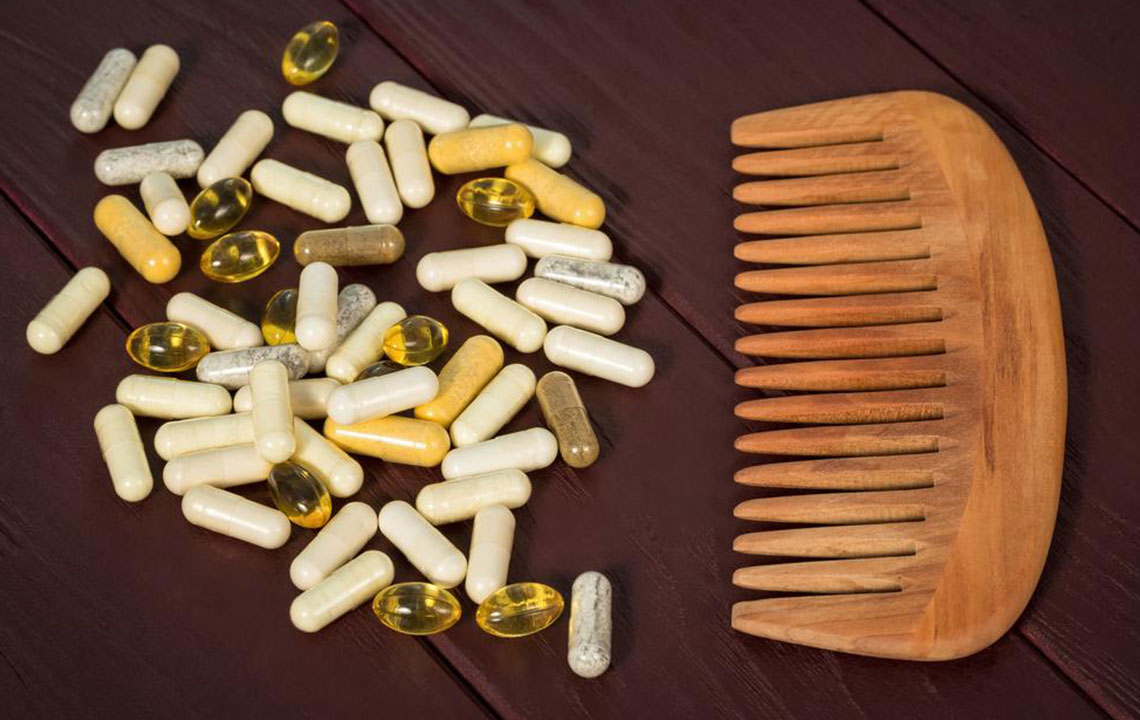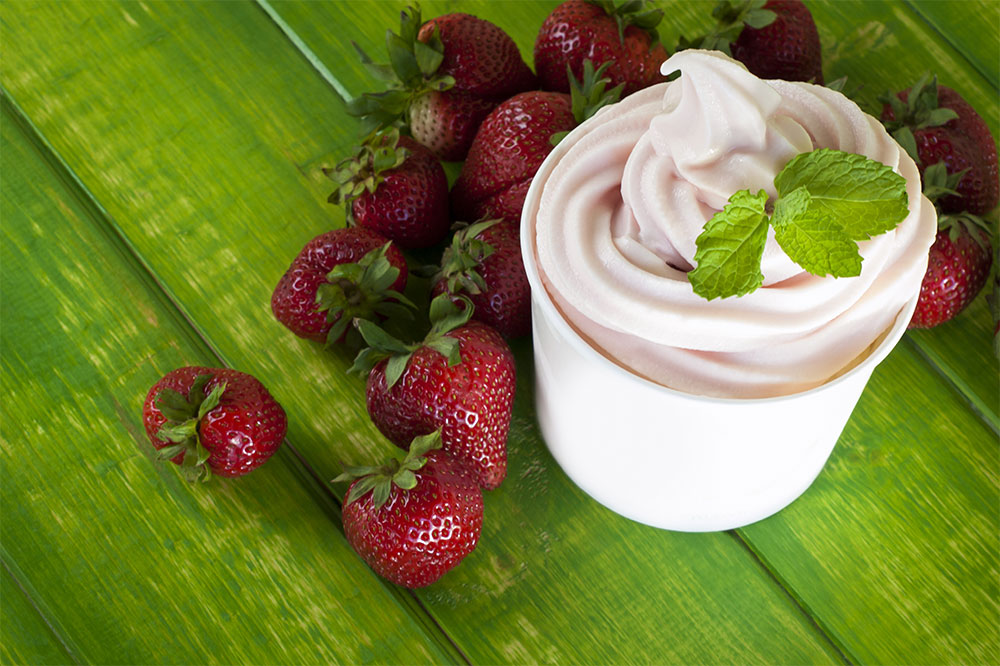Essential Nutrients for Optimal Hair Growth and Health
Discover the essential nutrients that promote healthy hair growth, including vitamins A, B7, B3, C, D, E, and vital minerals. Learn how to incorporate these nutrients into your diet through natural foods like fruits, vegetables, nuts, and seafood. Proper nutrition supports hair strength, shine, and scalp health, helping you achieve vibrant, resilient hair. This comprehensive guide offers practical tips for improving hair health naturally, emphasizing the importance of a balanced diet for long-term hair wellness.
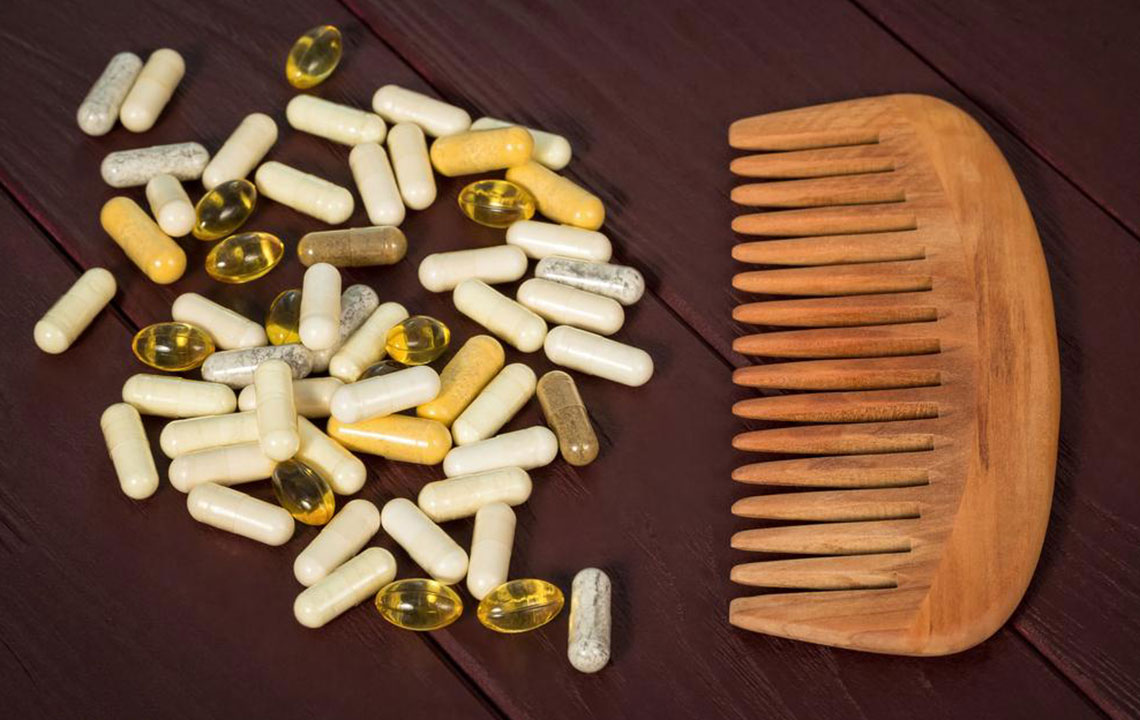
Essential Nutrients for Optimal Hair Growth and Health
Dealing with dull, thinning, or brittle hair can be a source of frustration and impact your confidence. While hair care routines and styling habits matter, your overall diet plays a fundamental role in maintaining healthy, vibrant hair. Poor nutrition often leads to hair problems such as excessive shedding, dryness, and breakage, sometimes even more than the effects of harsh styling or chemical treatments. Ensuring your diet includes sufficient essential vitamins and minerals is crucial for promoting robust hair growth and preventing hair-related issues. Instead of solely relying on topical treatments or supplements, focusing on a balanced, nutrient-rich diet enables natural hair strength and shine with fewer side effects and long-lasting results.
This comprehensive guide explores the key vitamins and nutrients vital for supporting healthy hair growth. We will detail how each nutrient contributes to hair health and suggest natural foods you can incorporate into your daily meals. Proper nutrition is the cornerstone of vigorous hair growth, and understanding which foods contain these essential nutrients can make a significant difference in your hair care routine.
Vitamin A
Vitamin A is integral to maintaining healthy hair because it promotes sebum production in the scalp. Sebum is the natural oil that keeps the scalp moisturized, preventing dryness and flakiness that can lead to hair breakage. A deficiency in Vitamin A may result in dry, dull hair and increased hair loss. To boost your Vitamin A intake, consider including colorful vegetables and fruits such as spinach, carrots, sweet potatoes, mangoes, and red peppers in your diet. Dairy products like milk, yogurt, and cheese are also good sources. It’s important to consume this vitamin in moderation, as excessive intake can cause toxicity and potentially lead to hair thinning or loss.
Biotin (Vitamin B7)
Biotin is a powerhouse B-vitamin essential for keratin synthesis—the primary protein making up your hair strands. Adequate biotin levels can result in stronger, shinier hair, and it also benefits skin and nail health. Deficiency in biotin may manifest as hair thinning or bald patches. Foods rich in biotin include eggs, nuts (such as almonds and walnuts), bananas, avocados, mushrooms, and whole grains. Including these foods regularly can foster optimal hair growth and resilience. Because biotin deficiency is relatively rare but impactful, ensuring a diet that supplies enough of this vitamin is a proactive way to improve hair quality over time.
Niacin (Vitamin B3)
Niacin enhances blood circulation, facilitating the delivery of oxygen and essential nutrients directly to hair follicles. Improved circulation can reduce brittleness, dryness, and shedding while promoting a natural shine and vitality in hair. Incorporate foods like lean meats, poultry, mushrooms, avocados, and sunflower seeds to meet your Niacin needs. An adequate intake can help combat dryness-related hair fall and improve scalp health.
Vitamin C
As a potent antioxidant, Vitamin C plays a vital role in protecting hair follicles from oxidative stress caused by environmental toxins and pollution. It also supports collagen synthesis—collagen being a structural protein that strengthens hair strands and delays premature graying. Rich sources of Vitamin C include citrus fruits like oranges and grapefruits, kiwi, strawberries, red and green peppers, and guavas. Consuming sufficient Vitamin C not only safeguards your hair from damage but also enhances iron absorption, which is essential for healthy hair growth.
Vitamin D
Often called the sunshine vitamin because the best source is sun exposure, Vitamin D is crucial for the initiation and growth of hair follicles. Low levels of Vitamin D are associated with hair thinning conditions like alopecia. To maintain optimal levels, aim for daily sunlight exposure and include foods such as fatty fish (salmon, mackerel), eggs, and fortified dairy or plant-based milk in your diet. Adequate Vitamin D levels support hair follicle regeneration and reduce hair loss risk.
Vitamin E
Vitamin E is an antioxidant that improves scalp blood circulation, ensuring that hair follicles receive adequate oxygen and nutrients. It also promotes follicle repair and supports overall scalp health. Nuts (almonds, hazelnuts), seeds (sunflower, pumpkin), leafy greens like spinach, and avocados are excellent natural sources of Vitamin E. Additionally, topical application of Vitamin E oil can stimulate hair growth when massaged into the scalp regularly. Ensuring sufficient Vitamin E intake can result in healthier, more resilient hair that’s less prone to damage.
Beyond vitamins, maintaining a diet rich in vital minerals such as zinc, iron, magnesium, and selenium is crucial for healthy hair growth. Foods like eggs, nuts, leafy greens, seafood, and whole grains supply these essential minerals, which strengthen hair strands and support the hair growth cycle. If you’re concerned about your nutritional intake or have specific health issues, consult with a healthcare professional or registered dietitian to tailor a diet plan suited to your needs. Combining good nutrition with organic hair care products and minimal chemical treatments can significantly enhance your hair’s vitality and appearance.
